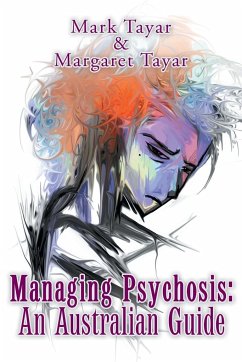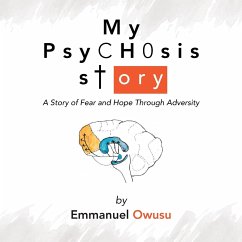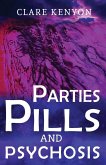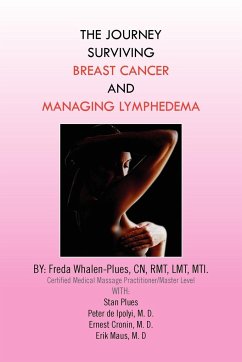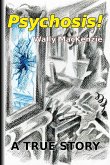Psychosis is a relatively common condition affecting about 3 in 1,000 Australians at any time. Psychosis generally occurs as part of other mental health conditions such as bipolar disorder or schizophrenia. Psychosis may also occur in association with other medical conditions such as Parkinson's disease, Alzheimer's, or postnatal depression. People may have a single episode of psychosis, several episodes with complete recovery, or recurring episodes throughout their lives. Psychosis is a serious and complex mental health condition. In an acute episode, a person with psychosis may be unable to differentiate what is actually happening from what they imagine is happening to them. They may be a danger to themselves or others if they act on their false beliefs. They may, for example, think that people are talking about them and accost those people and start arguing with them. The good news is that psychosis is treatable. The best outcomes are achieved when symptoms of psychosis are recognised early and treated by a psychiatrist with medications to alleviate the symptoms. This is only the first step in treatment. The guide focuses on providing a practical resource for people with psychosis to take an active role in their recovery and partner with a team of people in the community to build a healthy pattern of life with physical and psychological wellness, a strong support group, a network of friends, and a rewarding array of personal, community, and work-related activities to lead a full and productive life. The guide comes out of lived experience of a complex mental illness, negotiating through psychotic episodes, letting go of the old, understanding and acceptance of a different set of circumstances, building a life again, renegotiating relationships, starting again with work, and a career. Every journey is different. We hope the guide helps you on your journey.

